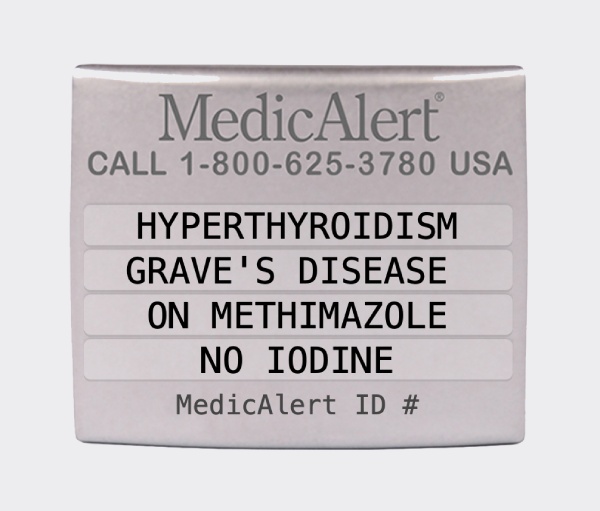Diagnosed at the age of 10, Bruno's been battling his condition for over 30 years. And as you can imagine, living with a chronic medical condition at such an early age, he has overcome many obstacles throughout his life. From managing epilepsy as a child, teenager and young adult, Bruno has faced adversity with strength...
Help others help you. Wear a medical alert ID bracelet or necklace engraved with important information for emergency responders and healthcare providers
Centers for Disease Control & Prevention
















